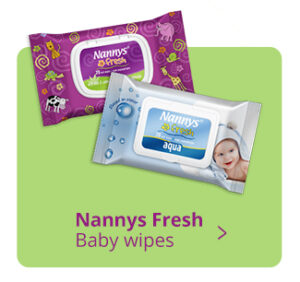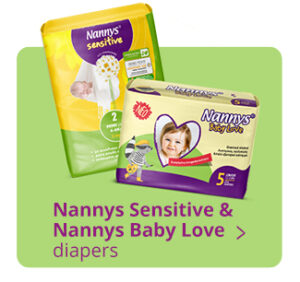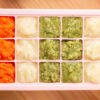Children are not little adults. This also applies for the children’s skin. Especially the baby’s skin, is not mature enough and is often described as sensitive and fragile. The epidermis, the outermost layer of the skin, the first barrier protecting from environmental damage, is thinner in babies. As a result, babies are prone to dehydration due to the immaturity of sweating glands.
It’s very important to make sure that we take care and moisturize the baby’s skin properly, because of its sensitivity and softness and its action as a protective barrier. When choosing a moisturizing cream, make sure you check all the information, so it fulfills your baby’s skin needs.
What to consider when buying a moisturizing cream for your baby
The baby’s skin is sensitive, so make sure that the moisturizing cream you choose has been tested so it does not irritate. This is done through special testing methods regarding the skin barrier break down, and the product has the label “hypoallergic” and “dermatologically tested”.
The skin’s pH is approximately 5.5. It would be better if the moisturizing creams you choose have neutral pH, so they are compatible with the skin’s pH. Creams with neutral pH will have the label “pH balanced” or “neutral pH”.
Preservatives enable the development of germs and increase the risk of skin infections. For this reason, make sure the creams you choose do not have many preservatives.
Chemical substances like parabens, phthalates and phenoxyethanol should be avoided in children’s moisturizing creams.
Do prefer creams which include fatty ingredients produced from vegetable oils, such as almond oil or avocado, and not paraffin which derives from petroleum.
Avoid creams with intense perfume. Ιt’s possible they include chemical substances which can be dangerous for the baby’s skin or their respiratory system, especially if they have asthma.

Make sure the moisturizing cream you choose does not contain any alcohol (it can be labeled as ethanol or ethyl alcohol), because it can cause dryness and irritation to your baby’s skin. Suitable products have the label “alcohol free”.
Be aware for any warnings on the cream’s labelling regarding the storage conditions and how long you can keep the product after you open it.
In case an eczema or any other kind of skin rash occurs, inform your pediatrician and consult him regarding the kind of cream you should use to keep your baby’s skin soft without dryness.











